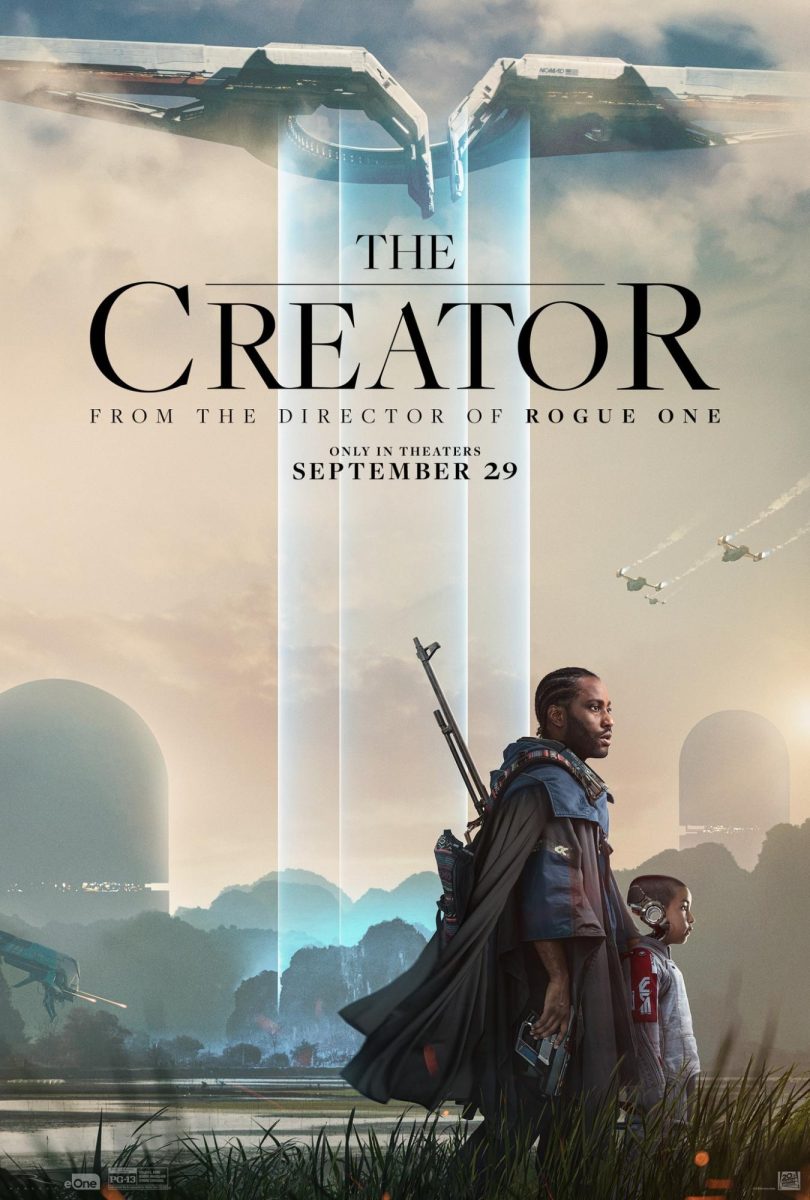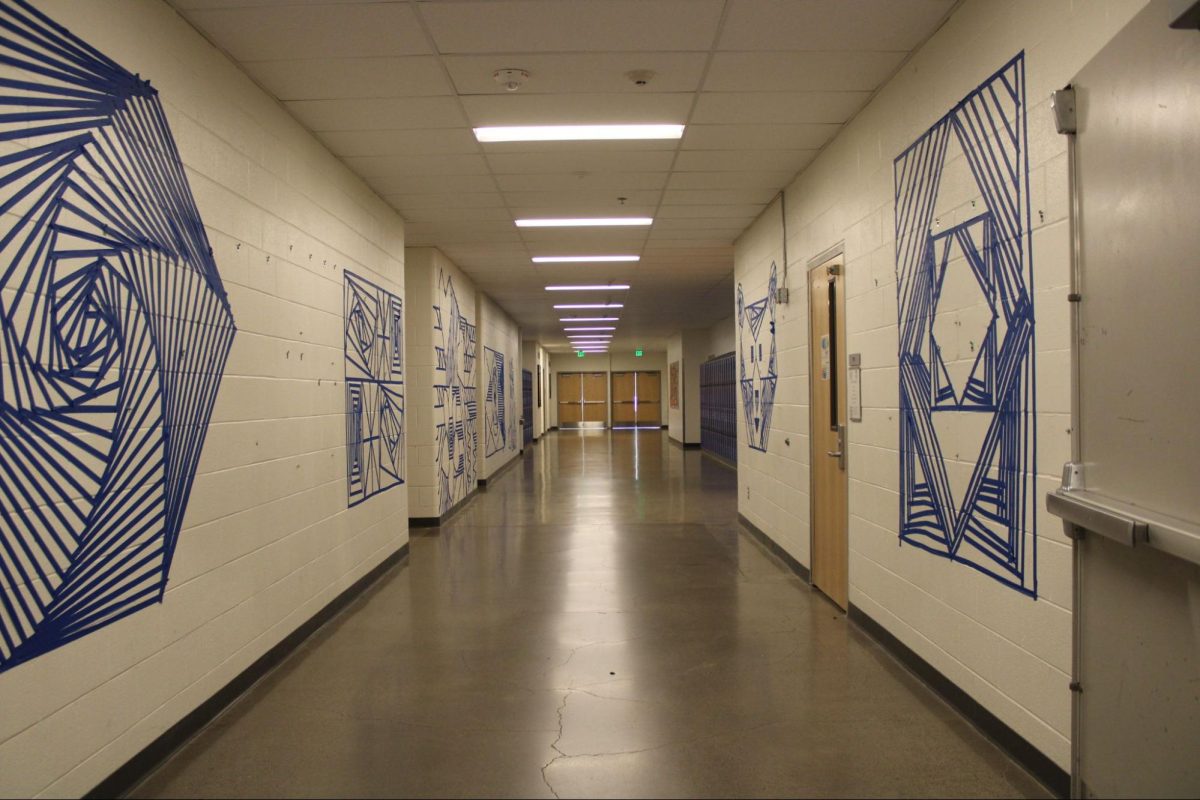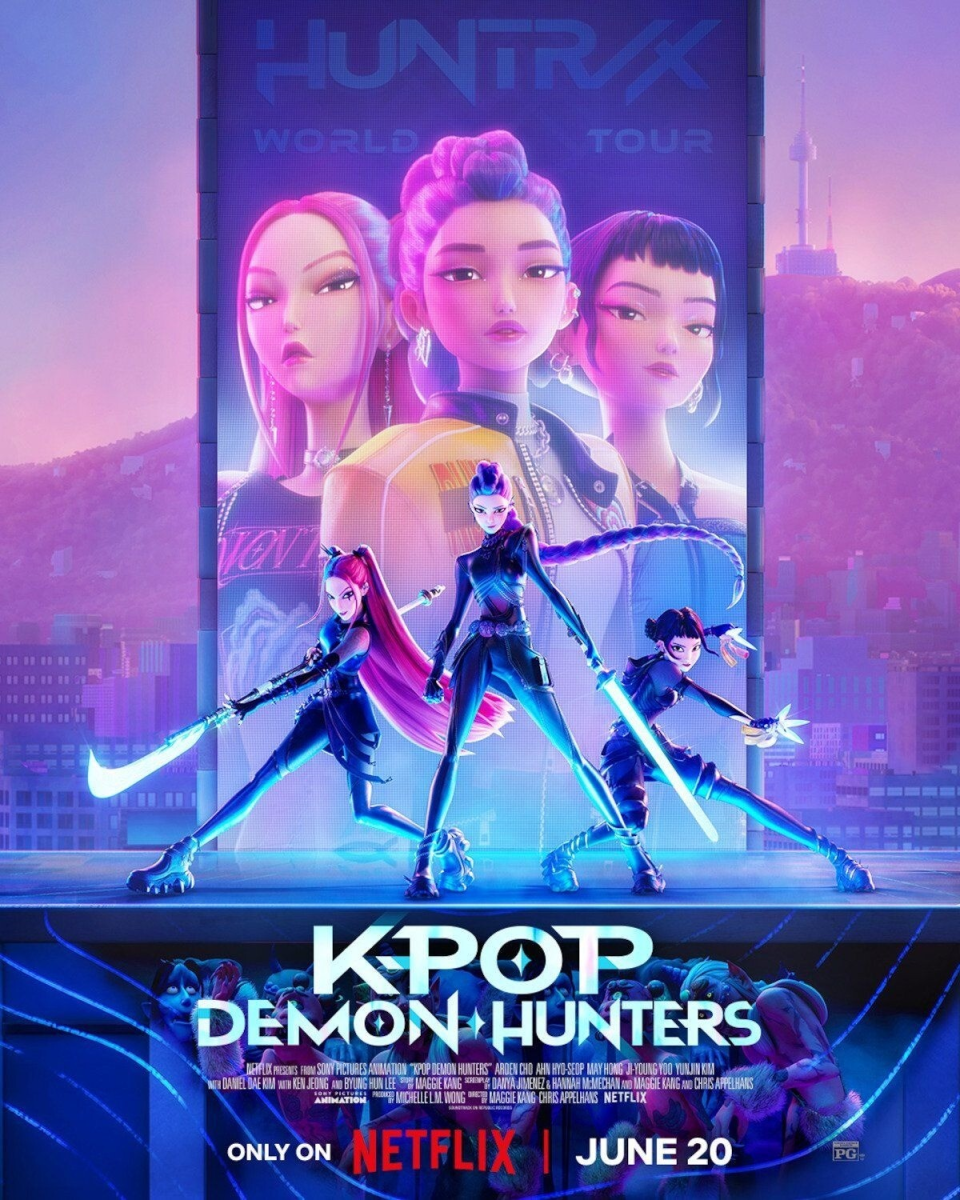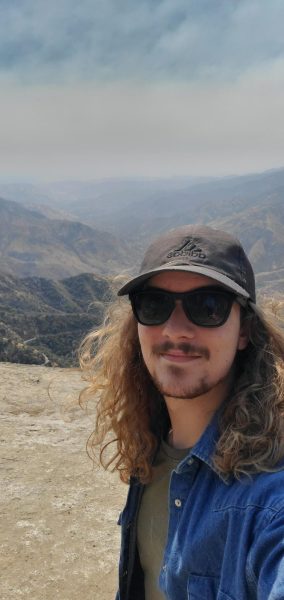The Creator, a new high-concept sci-fi action film from Gareth Edwards, director of Rogue One: A Star Wars Story (2016) and Godzilla (2014), was released late last month to little fanfare. It tells the story of a grizzled soldier in the near future, forced to protect a young girl while trapped behind enemy lines. The Creator boasts a talented cast, a wonderful score by Hans Zimmer, and downright beautiful visual effects. However, it fails to make a real impression and falls quite short of its lofty vision.
The Creator depicts a world where robotics have advanced much faster than they have in our world, resulting in the creation of artificial intelligence (AI) in the form of autonomous robots and humanlike androids called ”simulants,” in the late 20th century. Eventually, of course, a conflict between humanity and the machines breaks out, culminating in the AIs detonating a nuclear device in the center of Los Angeles. In response, the United States built NOMAD, a colossal and terrifying orbital station which they use to wage war against the AIs, who are now hiding in a place known as “New Asia,” located somewhere near Japan.
While all this world-building is great on paper, the film ultimately fails to immerse the audience into its world. There are quite a few crucial aspects of the world that are ultimately left unexplained and a significant number of inconsistencies in the film’s internal logic. For instance, the difference between a generic robot and a simulant is never explained, simulants are apparently vessels for digitized human consciousnesses, while also being manufactured and treated as if they were simply robot’s by most of humanity.
By far the most egregious example of the film under-explaining things is in the main conflict of the story: the war between humanity and the machines. Early on in the story, it’s explained that NOMAD is humanity’s last hope for survival and if it were to be destroyed, humanity would surely lose the war. This is incongruous however, with what is actually shown in the movie. The humans constantly outmatch the robots in every capacity, in fact, the only victory the machines are ever shown to achieve is the aforementioned nuking of Los Angeles, which, it should be mentioned, happens offscreen.
The biggest problem however, is not the weirdly inconsistent worldbuilding, but rather the actual core of the story itself. The unlikely friendship between Joshua, a disillusioned soldier drawn out of self-imposed exile for one last mission, and Alphie, a simulant child with the power to end the war, should be the beating heart of this film. And yet, their relationship feels forced and unearned. The film does a very poor job fleshing either of its main characters out, and neither have particularly strong motivations. Alphie is especially passive and for the most part just goes along with whatever Joshua is doing, never adding her incredibly unique perspective to the situation.
That being said, The Creator isn’t all bad, there’s still quite a bit to appreciate. First and foremost, the movie is visually stunning, cinematographers Greig Fraiser and Oren Soffer have ensured that the movie generally looks better than most blockbusters. Similarly impressive are the visual effects, courtesy of Industrial Light and Magic. Everything is rendered beautifully, from the imposing figure of NOMAD raining fire from the sky, to the robots, which have real weight and presence in the world.
The soundtrack by Hans Zimmer is also worthy of praise. His penchant for sweeping and epic scores is on full display in The Creator. In many scenes, the incredible music does much of the emotional heavy lifting when the narrative can’t.
Performances are solid across the board, with special mention going to John David Washington as Joshua, and Madeline Yuna Voyles who gives a great performance as Alphie despite her young age, and the dryness of the material she was given.
The Creator, much like Edwards’ previous two films, is well-made and visually impressive, but narratively and emotionally lacking. The film’s incredible potential given its unique world-building and timely subject matter makes its failure all the more disappointing.








